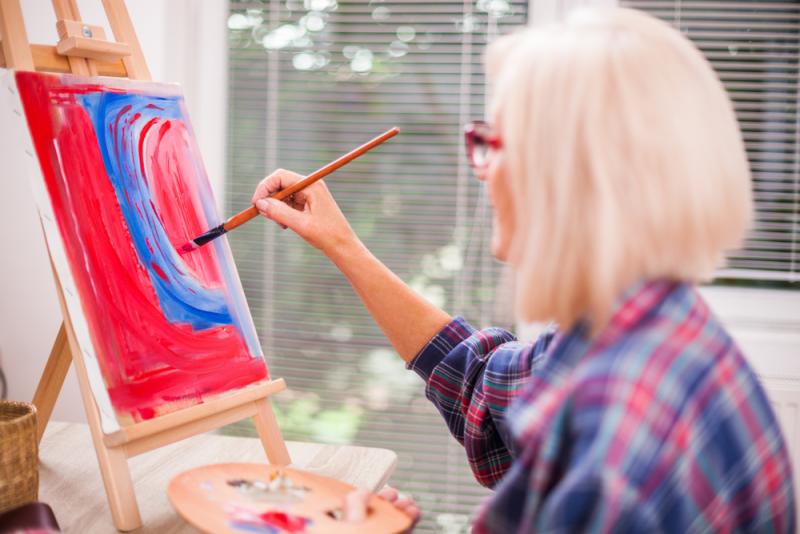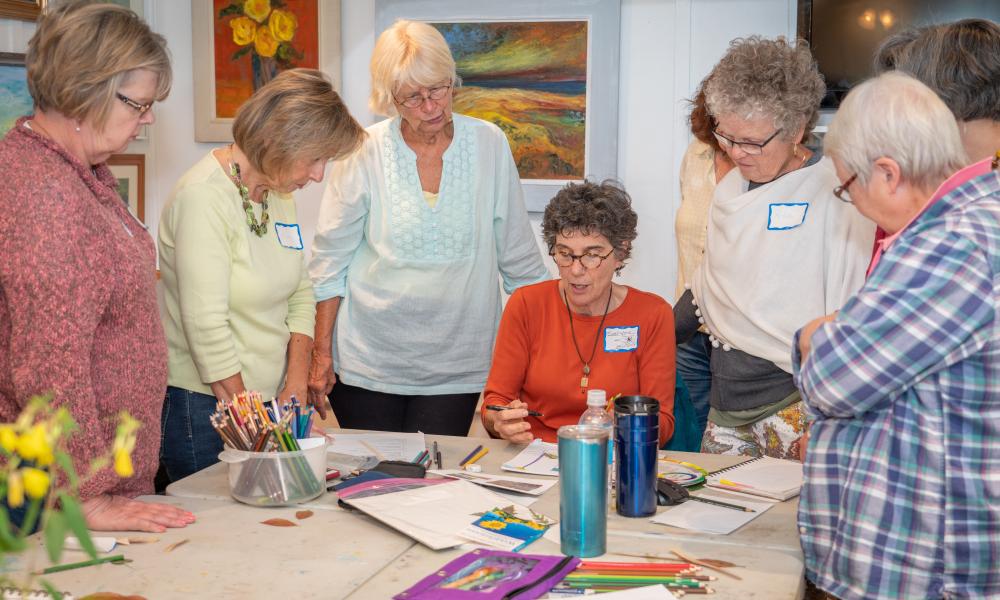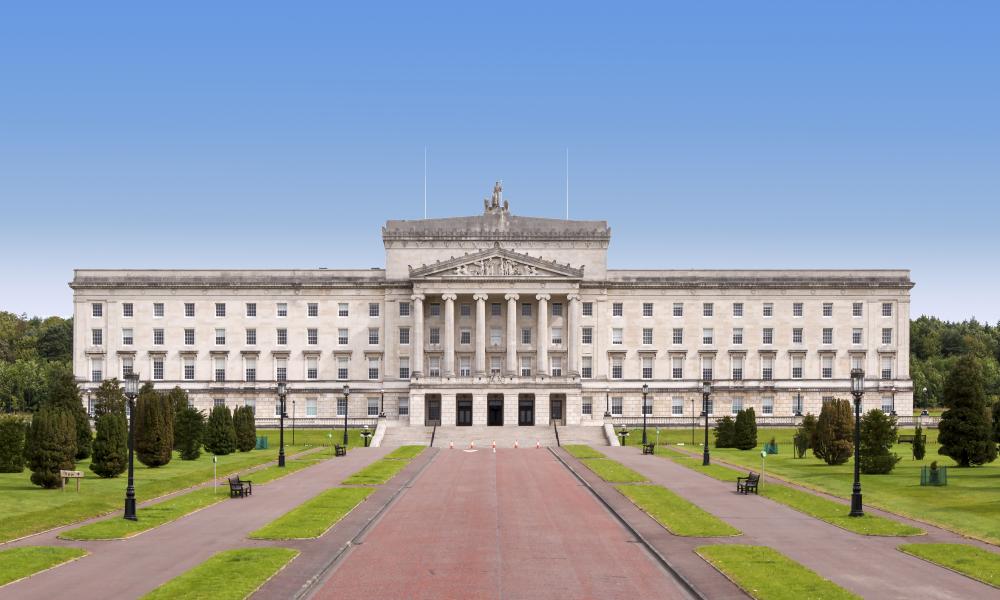
In this blog Laura McQuade from the Institute of Public Health provides some insights into how the creative arts can support positive ageing.
The longevity dividend of the last century has added decades onto people’s lives through improved public health – better water, air, healthcare, vaccinations, and living and working conditions.
But there is much still to be done to extend the full benefits of a longer, healthier old-age to everyone.
In recent years there has been a focus on the role of the arts in improving population health and wellbeing throughout the life-course.
In 2019 the WHO launched its first report on the evidence base for arts and health interventions.
“Over the last decade there has been an increase in evidence looking at the relationship between the arts for improving health and wellbeing. In some jurisdictions we’ve also seen developments in policy,” Laura McQuade from the Institute of Public Health said. Laura’s work focuses on evaluating interventions to improving population health as we grow older.
“The WHO report represents the most comprehensive scoping review on this topic so far. It looked at over 3,000 studies and identified a major role for the arts in the prevention of ill health, the promotion of health; and the management and treatment of illness throughout the life-course,” Laura continued.
The arts and creativity are a pastime enjoyed by many, and it takes many forms. It can be performance arts (like dancing, singing and theatre) or visual arts (such as painting, film, crafts or photography). There’s also literature, museums and galleries and online activities.
Maureen Murray is just one person who believes the arts has a positive impact on her health and wellbeing. She is one of the participants on several arts programs run by Age & Opportunity.
“I’ve dabbled in the arts and creativity,” says Maureen (66) who lives in Dublin. But she has done much more than that. The former bank official has been learning tapestry weaving; drawing via Zoom; cooking soufflé; involved in theatre productions; and learning to drive for the first time.
Maureen said: “My husband passed away four years ago…for the first couple of weeks it was weird being stuck in the house and not having anybody or places to go. But I am quite happy with myself, I have pushed the boat out and learned a couple of things.
“You grow networks. I’ve become involved in strange and wonderful groups of people.
“Anybody who has been cut off from family and friends over the last six months have found that some part of their mental health has been suffering. We have all missed the hugs and the kisses, the camaraderie. One good thing that has come out of COVID is we have learned to use technology more; we’ve learned to interact with people online. It might not necessarily be the healthiest, but at least it is better than watching TV at home sitting on your own.
“I had an engagement with a soufflé a couple of weeks ago, I’ve never made one before. You kind of think about it, then you get the ingredients, and then you try it. I gave it ago and I made a mess of it, but I tried it a second time and it didn’t come out any better; so I said to myself I’ve ticked that box, I’ll move on and learn something different. If you keep talking to yourself about learning something new, unless you give it a go you will never do it, it is just a thought.”
Listen to Maureen’s tips on trying something new :
Laura believes the international evidence is becoming more clearer that the arts, and trying new creative things, has a positive impact on our health and wellbeing.
She points to the evidence that the participating in the arts can play an important role in the promotion of positive health, and for mitigating or preventing the deterioration of health in later life.
“For example, when we consider different art and creative activities, research has shown that being involved in the arts can improve our mental and social health and wellbeing. Art forms such as dance can also help improve our physical health by improving our balance and keeping our muscles strong, which can help reduce the risk of frailty,” said Laura. “It can also enhance our brain function and some evidence has shown music and singing can help reduce anxiety and depression.”
And while aware that there is a digital disconnect of which we must be mindful when considering how to support people during COVID-19, Laura says there are a lot of opportunities for people to get involved in the arts online.
She said: “In Northern Ireland, for example, we know that just 55% of people aged 65 and over have used the internet compared to over 98% of people aged 16-24. So, we must be aware of the digital divide. But there are a lot of good supports online. We have seen singing lessons, art classes, museums and even galleries moving online and live streaming. The more we can support people to connect, the better.”
And for anybody, especially older people, who are anxious about their abilities or trying something new – Maureen has this advice.
Listen to Maureen on how our abilities do not change because we age:


